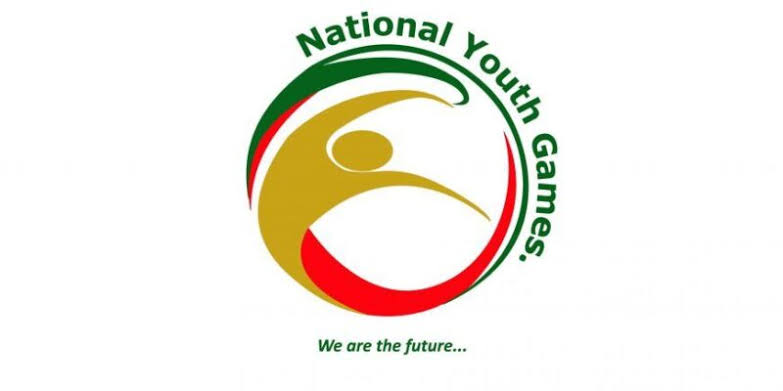
“That’s a Hoe’s Mentality” – Woman Sparks Drama After Slamming Another’s Mom for Asking If Her Daughter’s Man Has Money Instead of Character

A heated exchange has set social media ablaze after a young Nigerian woman boldly criticized another girl’s mother for what she described as a “hoe’s mentality,” claiming the mother cared more about money than morals when assessing her daughter’s boyfriend.
The drama unfolded during a viral TikTok livestream, where a casual conversation about relationships spiraled into a full-blown morality debate.
One participant recounted how her mother had asked her a seemingly simple question: “Does he have money?” — upon learning she had a new man in her life. But instead of nodding in agreement, another woman on the stream erupted:
“That’s a hoe’s mentality! Why are you asking about his pocket before his character? Before his values? That’s why girls end up with demons in designer belts!”
The blunt remark immediately divided viewers. Some hailed the woman’s boldness, saying she voiced a truth most are too scared to admit: that many families have normalized materialism over moral integrity in relationships.
Others, however, blasted her for disrespecting a parent and failing to understand the real-world pressures Nigerian mothers face.
“Don’t call her mom a hoe — that’s out of line. Nigerian mothers want their daughters secured. It’s survival, not greed,” one viewer wrote.
“Character without money won’t pay rent,” another chimed in sarcastically.
Still, others doubled down in support of the critic, insisting that money-first parenting fuels a toxic cycle of gold-digging, transactional love, and emotional disaster.
Relationship experts and social commentators have now entered the fray, questioning the deeper cultural messages Nigerian parents pass down. Is the emphasis on wealth a response to a failed system where love alone can’t survive? Or is it a dangerous lesson that encourages young women to value wallets over well-being?
Either way, the phrase “That’s a hoe’s mentality” has become a trending clapback across TikTok and X (formerly Twitter), sparking thousands of duets, stitches, and commentaries — with many asking: At what point did being financially responsible replace being emotionally responsible?
In a country battling inflation, unemployment, and social instability, the question remains painfully relevant — but so does the need for balance between security and sincerity.
As one user aptly put it: “Love without money may struggle, but money without love will destroy.”


